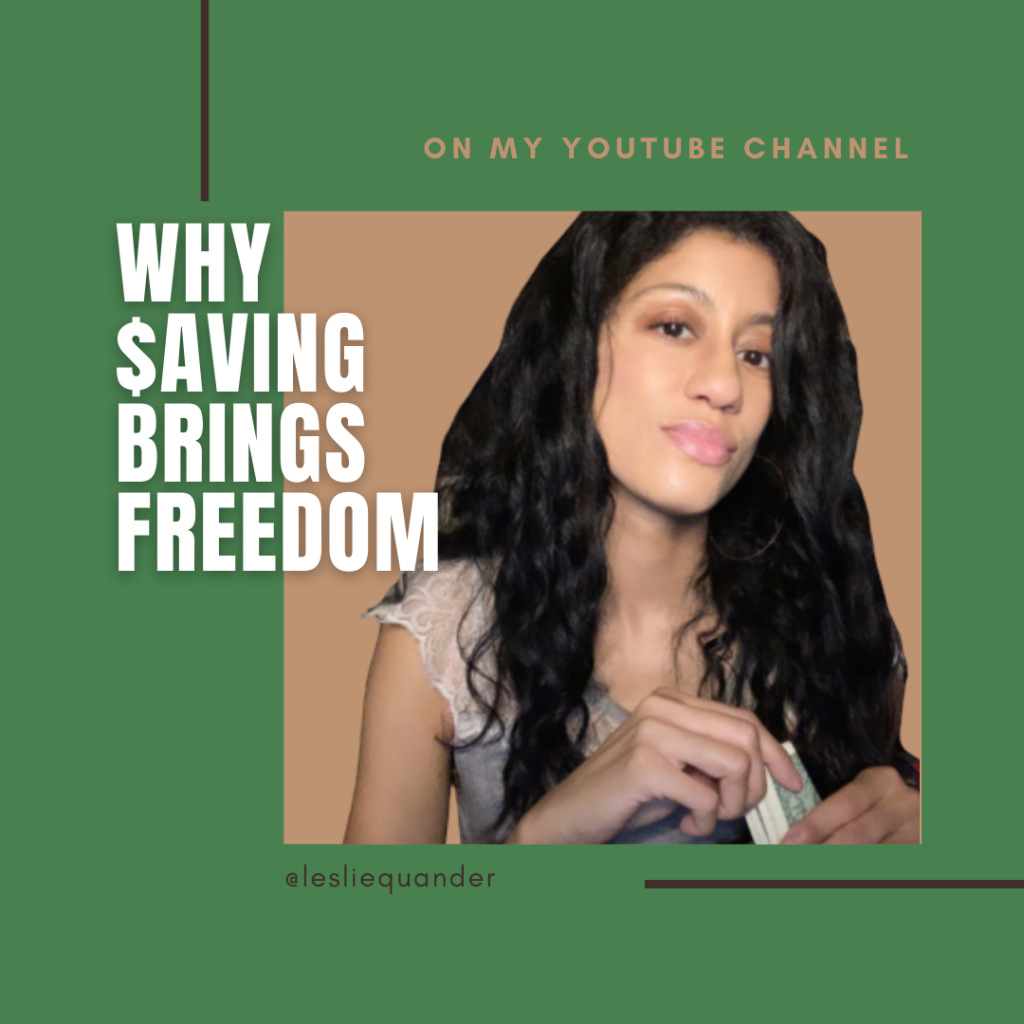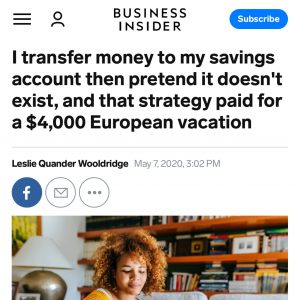
I get questions on money since I often write about it. So I wanted to share more on my savings savings strategy, as promised in a previous post. It’s my secret to stashing cash for lots of things—though not as secret since I shared in a story I wrote for Business Insider.
Unfortunately, many things are different now with this pandemic, including our ability to make money in some cases. But I’ve been able to seek out and find new sources of income this year. And still save and invest money in the process.
If you have questions about how to make money as a professional writer, also check out my related YouTube video, where I share five key things to know.
So, if we’re lucky enough to be working or to find other ways to get income, this mind and money trick can be a way to save for education, debt reduction, an emergency fund, investing, a “freedom fund,” and more.
In fact, I’ve saved thousands of dollars like this. We can do it. Even with $20, $50, or $100 at a time.
Please watch, share, and subscribe to my channel. Then consider: Do you view money as a tool? I do. And do you have a plan for how to save money (and potentially invest) in the coming months?


